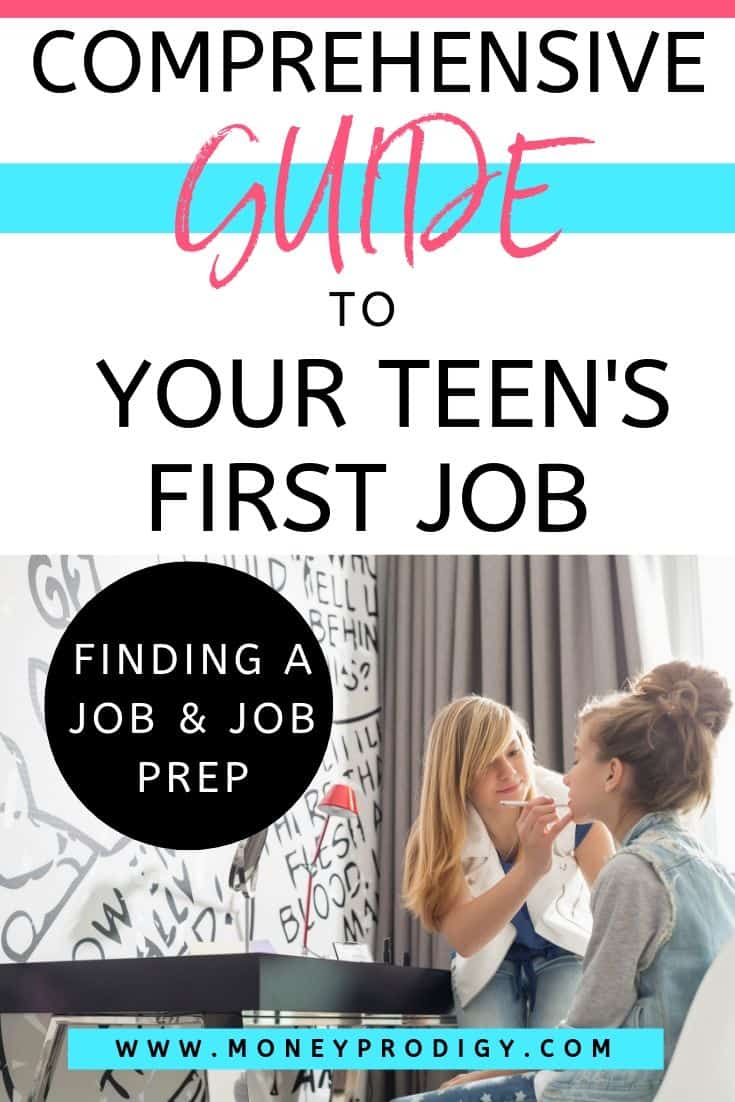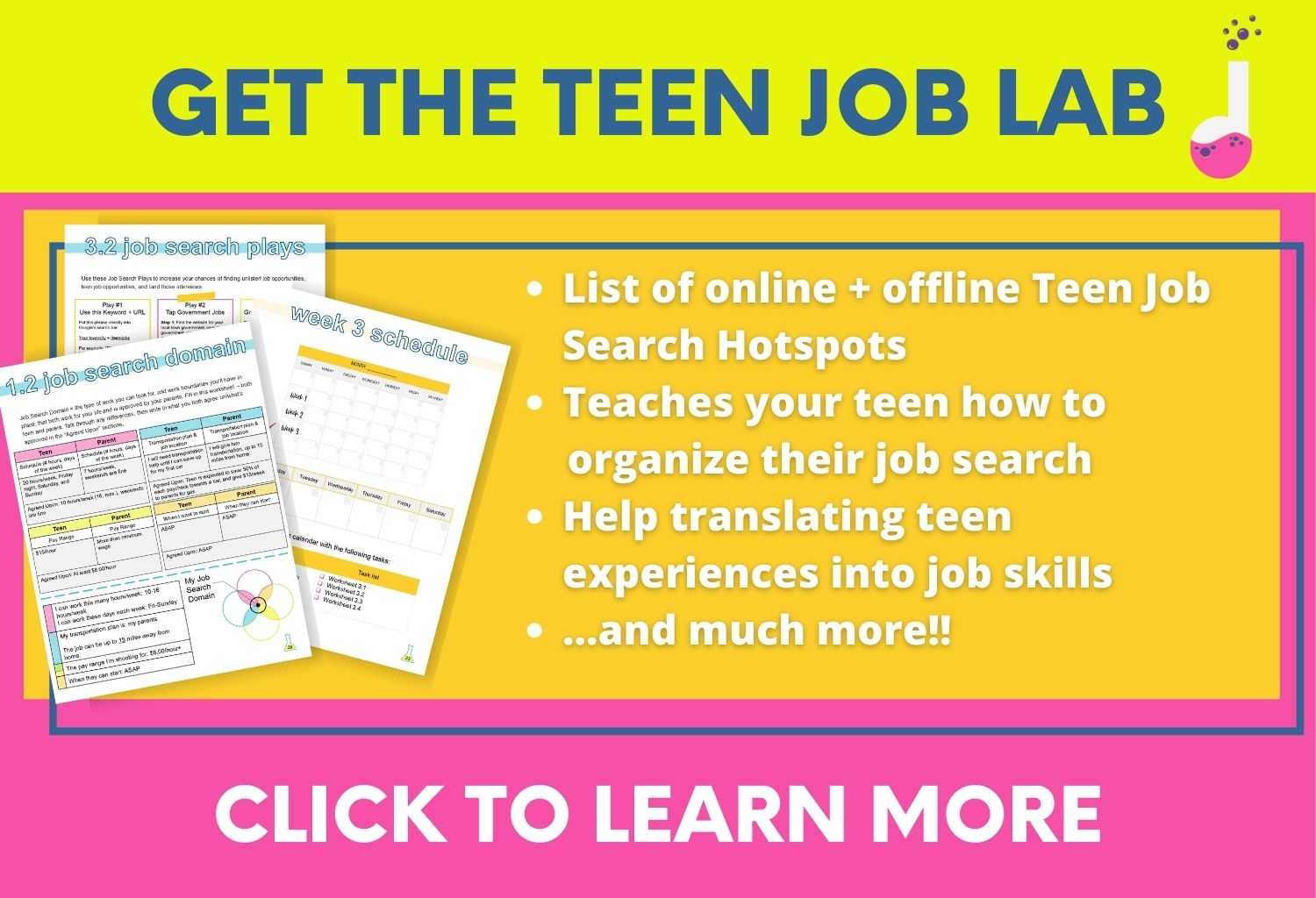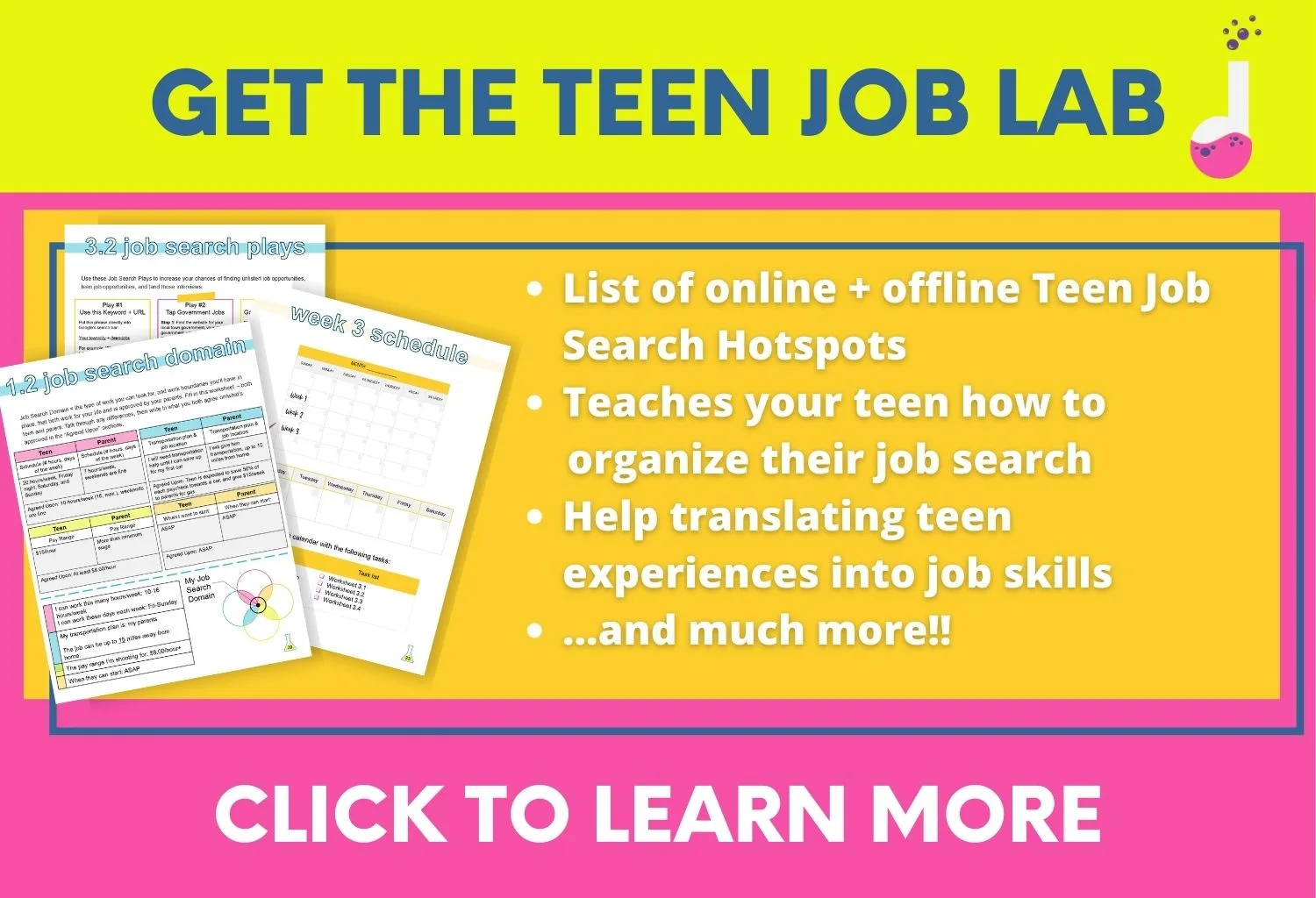Best Wishes For New Job To Friend
Dear friend, good luck in your new job! May you conquer good results with your potential, capabilities, and skills and build a stable career!
My dear friend, I hope your career blooms like a flower and you succeed in life. Best wishes to you for your new job.
All I wish is that you may face all the obstacles professionally and give your best performance in your new job. Good luck my friend!
Congratulations, my friend! I’m so happy to see your hard work finally paying off. I’m sure you will greatly impact your new team and company.
My friend, all I hope is your new job brings happiness in your life and you’ll surely make the best out of this new opportunity. All the very best.
Your career has taken a big step forward with this new job, and you are now on the ideal path to accomplish your goal. Best wishes to you, my dear friend.

Congrats besite! Well done and always make me proud like this.
You wanted it; you’ve got it. But I know how hard you have worked for it. You truly deserve all of it. Congratulations friend for this new job.
Thank you for giving me a chance to congratulate you. May God give you all the ability to prosper at your new job. Good Luck friend on this new journey.
Congratulations on your new job, my friend! This is an incredible achievement, and I am so proud of you. One day this dedication will take you to the next level!
I’ve always seen you as a warrior in life and success will be yours if you continue your dedication and hard work. Congratulations on your new job my friend!
Congratulations to my best friend on your new job! You have all the qualities needed to succeed, I know you will do great things in this new chapter of your life.
If anyone deserves this job, it’s you. You put a lot of effort into getting this job. Best wishes to you for this new job, my friend.
As you set sail in a new direction, you have my best wishes and prayers. I hope you have a happy and fulfilling career, my friend.
Read More: Best Wishes for New Job To Friend
4. Network Early and Often
Put aside images of that sleazy, cheesy, bad salesperson who shows up at every event to talk about themself. Networking is about forming relationships and taking a genuine interest in people around you. How often have you heard people talking about landing a job because of an old college buddy?
Yes, you should attend events related to your field of study, but if you’re not exactly the social type, look for people on LinkedIn and people at other colleges and universities. Practical networking tips include:
- Meet people through people you already know.
- Look for community groups related to your field.
- Always have your business cards with you (make a personal card if you’re not yet employed).
- Be well-read in your field so that you can talk about it easily.
- Ask people questions rather than talking about yourself.
- Ask your new contact for suggestions of other people to meet.
- Practice networking conversations with a trusted friend if they don’t come naturally to you.
- Be aware of body language—smile and uncross your arms.
- Don’t try to be somebody you’re not.
- Don’t have an agenda; be open to meeting all kinds of people. You never know where a conversation will lead.
Change your mindset
Your job hunt shouldn’t be a chore. This is an exciting time in your life to find opportunities that inspire you. No one else is in charge now. You decide what you want to do, where you want to work and how you go about getting it. You never know where your career path will lead! So get out there with motivation and determination to find the right job at the right company in the right city for you.
And, if the door you’re knocking on doesn’t open, just get out there and keep knocking on the next one and the next one. A lot of times, the door you didn’t expect provides an even more exciting opportunity than the one you originally wanted!
Dream big, utilize all of the resources available to you, practice meaningful networking and prepare for your interviews. Your opportunities will be endless!
″College Money 101″ is a guide written by college students to help the class of 2022 learn about big money issues they will face in life — from student loans to budgeting and getting their first apartment — and make smart money decisions. And, even if you’re still in school, you can start using this guide right now so you are financially savvy when you graduate and start your adult life on a great financial track. Katie Hopsicker is a graduate student within the Goldring Arts Journalism and Communications Program at Syracuse University’s S.I. Newhouse School of Public Communications. She was a spring 2022 intern for CNBC’s talent development team. The guide is edited by Cindy Perman.
SIGN UP: Money 101 is an eight-week learning course to financial freedom, delivered weekly to your inbox. For the Spanish version Dinero 101, click here.
CHECK OUT: Meet a 26-year-old who earns $30,000 a month in ‘mostly passive’ income and built a $1.3 million net worth with Acorns+CNBC
Disclosure: NBCUniversal and Comcast Ventures are investors in Acorns.
5. Take an Internship
The fastest track to a job of your dreams is through an internship. Any company executive knows that hiring a person is expensive, often well into five figures when training is factored in. If they’re going to spend five figures, they would much rather hire a sure thing than somebody they don’t know. That’s why companies love internships. It’s the perfect way to find their next top-notch employees with barely any risk.
Starting with the summer after your first year, use your college’s career-planning office to apply for internships, or contact companies that interest you directly. Some colleges even offer fellowships to enable students to accept poorly paid (or unpaid) internships by offering grants. Or consider combining a part-time poorly paid internship in the field you want with non-career work that pays better. Fortunately, some high-paid fields also pay their interns well, especially those who are close to graduating.
A few tips for a successful internship:
- Be prepared (and cheerful) when asked to do grunt work.
- Don’t be late.
- Dress the part.
- Meet as many people at the company as possible.
- Don’t be idle; when a task is done ask for another or find one on your own.
- Read the same publications that others at the business are reading.
- Find a mentor.
- Ask a lot of questions, but at the appropriate time.
- Avoid gossip and negative talk.
- Be thankful.
Compare the pros and cons
It’s easy to focus on the negatives when you’re struggling, but don’t forget to look at what is working about your new job. Maybe there’s lots of potential for advancement. There might be great mentors on your team to learn from. Perhaps you really enjoy the work you’re doing now or you really enjoy the vibe of the team. And let’s be real, your new salary and/or benefits could be seriously improving your quality of life.
After you assess what’s working and what’s not, consider if the benefits outweigh the drawbacks. If they do, it doesn’t mean you need to slog through the parts of your new job you dislike; it will just help you decide if the situation is worth trying to salvage. Once you’re clear on what needs to change and what doesn’t, your next steps will become more obvious.
How to nail the interview
Congrats! You got an interview. Now, go and do your research!
Never go into an interview blind — be prepared and know exactly what role you are interviewing for, what the company does, and what your questions are.
Identify what they are looking for. Whether you have set up informational interviews with people in that role or have studied the job description — show that you have the skills and traits they are asking for by drawing from your past experiences. Know what makes you unique and why they should hire you. What would you bring to their team?
Ramit Sethi, personal finance coach and bestselling author of «I Will Teach You to be Rich,» has three tips for interview success: 1) Make it clear you have researched the company when you answer questions. 2) Prepare answers to highly predictable questions. Knowing your resume, goals, strengths and weaknesses, and reason for applying should be easy to answer and thought of beforehand. 3) Make sure you «communicate your key messages.» Show the employer everything you want them to know about you.
Try your hand at networking
Once you’ve graduated, it’s time to start putting out feelers for your first job however and wherever you can. Start online with sites such as LinkedIn, connecting with recruitment managers at companies you are interested in and commenting on relevant posts. The more your name is recognised as someone with valuable insights, the better, especially when your CV is in among numerous others. You could also branch out into attending local careers fairs and alumni events. Sometimes it is who you know, after all.
Using the WorkHero platform we mentioned before will help you keep all your recommendations and CV content in one place so you can quickly share it with the hiring manager.
Become a volunteer
Becoming a volunteer can be very beneficial especially for graduates, as they provide extra experience while you are searching for a job.
Some people choose to volunteer abroad during a gap year before work or during university. Likewise, you can sign up for online volunteering, which is becoming increasingly popular.
Volunteering has many benefits, as well as keeping you engaged for a good cause while you search for a job. Volunteering enables you to learn new skills, whilst exploring and gaining experience in different areas of work.
For some volunteering jobs, you may be offered the chance to attend different training courses which will further boost your experience and enable you to learn new skills. It will also give you more opportunities to meet new people and expand your social network.
Volunteering is very popular amongst graduates, with some completing it either as well as or instead of part-time employment.
You can volunteer in many different sectors including conservation, schools, social care facilities and as an emergency volunteer.
For more information about volunteering opportunities, check out this helpful article from Prospects. Likewise, to find volunteering vacancies, check out Do-it and Studenteer.
Prep Your Teen for the Costs That Come With a Job
Amid the excitement of getting a new job, your teenager may forget that there are costs that come with having a job.
Transportation Costs
If your child isn’t working from home, they’ll need to get to and from their new job. Ask them things like:
- Is the job close enough for you to walk?
- Are you planning on getting a car to take you if you can’t walk?
- If you don’t have enough money for a car just yet, can you arrange transportation, whether it’s through a Lyft, public transportation, a friend, or a parent?
- Will you cover the cost of gas if you have to ask others for a ride?
If your child is working from home, what tools do they need to do their job? For instance, do they need a computer, reliable internet, and a dedicated workspace?
Necessary Supplies
Whenever you work for a company that has a dress code, there’s a chance you’ll need to pay for a uniform. That includes:
- Clothing
- Appropriate shoes
- Accessories (like a vest or name tag)
And anything else the company deems necessary. If your child doesn’t have any money yet, ask them how they’ll pay for these upfront costs. If a parent is paying for it, do they have a plan in place to pay them back?
Paying for Meals
If your teen is working an eight-hour weekend shift, they may get a couple of breaks, including one for lunch, depending on which state they work in. How are they going to pay for meals and snacks? Are they going to pack something to eat during breaks or are they going to buy something? Preparing them now can save them from making impulsive—and expensive—purchases later.
Tax Implications
Age doesn’t matter when it comes to taxes—only income. If your teen completed a W-4 with their employer, they’ll send a W-2 at the beginning of the year for your teen to file taxes. The income to meet the standard deduction threshold in 2021 was $12,950.
If your teen worked for themselves—babysitting or web designing, for example—they’re considered self-employed. If they earned at least $400 last year, they’ll need to file taxes.
How much money your teen takes home varies by how much they earn and their W-4 withholdings (if they have a W-2 job).
What Teenage Jobs Pay the Most?
To find which teenage jobs pay the most, you would simply look for jobs where some skill is necessary to qualify.
For example, a lifeguard position will likely pay more than someone flipping hamburgers on a fast food line because a lifeguard has to have certifications, training, and experience in order to get that position.
Another way to find teenage jobs that pay the most is to work in industries that have the highest pay.
Now, don’t expect huge pay increases in these industries over other ones, but chances are good that if the rest of the people are earning more money than the average person, they’re willing and able to pay their entry positions a bit better as well.
Here’s a list of the top-paying industries in the U.S, and here are 16 best high paying jobs for teenagers.
For example, while a teen cannot secure a job as a psychiatrist, perhaps they can look for employment or an internship as an assistant to a psychiatrist.
These types of positions will be harder to get, for sure, and may not be advertised or available at all. So, you it can help to have a contact and/or to call around asking.
Guidance for your teen’s first job search, plus help with money questions like how much should a teenager save from their paycheck.
Over the last several weeks, I’ve thrown myself into understanding the teen job marketplace.
And guess what?

Teen first jobs have changed. Dramatically.
For starters, less teens are looking for work. While 58% of teens used to get a job back in 1978, now, only about 34.6% of teens get a summer job.
Not only that, but teens who look for jobs don’t always find one. With a teen unemployment rate of 18.5% – meaning 18.5% of teens who are actively searching for a job are not finding one – your teen has got to use their brain when searching for their first job.
And then there is the rising trend of unpaid internships.
The fact is: the teen job marketplace looks quite different today than it did when I was in it.
While there are real reasons for why the summer teen job is on the decline – like a rise in summer classes and more competition for low-skill labor jobs – you’re here because you WANT (or your teen wants) to get a job.
So, I’m here to show you how to rise above the crop of teens looking for jobs, and get to that most delicious of things: your first paycheck.
I’ll show you the ins and outs of finding a teen first job, a good hourly wage for a teen, teen employment laws you need to know, a little thing called the Youth Minimum Wage, and much more.


Article Content
Give yourself a deadline
We’ve established that you need time to get used to your new job and that there are steps you can take to try and further improve the situation. Next, you need to figure out how long you want this trial period to last. Create a timeline for when you’ll revisit your stay-or-go decision—and during that period, commit to learning the job and the work processes.
Get a mentor, too. Meet weekly with your manager. Build relationships with the colleagues and teams around you. Do everything in your power to make the job the best experience possible.
If, at the end of your trial period, nothing’s better and you don’t believe you’re moving forward, consider putting your termination plan into place.
Emphasise the skills you have
Work experience, internships and volunteering are essential for ensuring that your CV doesn’t look empty at the application stage.
When you’re writing your CV, focus on the skills you do have, rather than the ones you don’t. Analyse the job description and list all the skills and personal qualities that make you a good fit for the job.
Be sure to emphasise soft and transferable skills such as communication, leadership ability, team working and attention to detail. To help, take a look at the essential skills employers are looking for.
However, as you’re likely to lack direct experience in your chosen field, don’t gloss over this fact. Instead, use it to demonstrate your passion and motivation to learn. Highlight examples of your dedication and commitment to learning, gained through volunteering work, internships or work shadowing.
Also, don’t undervalue your commitment to any societies you’ve been part of while at university, or sports teams you’ve been involved with. This is because you’ll have developed skills in areas such as team working and leadership. Learn more about the importance of extracurricular activities.
See our example CVs and discover how to write a cover letter for a jobseeker with no experience.
Establish a Budget
By the time your teen figures out how much he’ll make each week at his new job, he’s probably already figured out what to spend it on, too. Discuss finances in advance and teach your teen basic budgeting skills.
Most teens are surprised to discover how much of their checks go to taxes. So warn your teen in advance that a percentage of the money earned goes straight to the government.
Help your teen set financial goals, such as buying a car, purchasing new clothes, or saving for college. Work out a plan together to determine what percentage should be saved from each paycheck and how much can be used for «fun» money.
Teaching your teen about money now can help him learn valuable life lessons that will serve him well in the future. Saving, smart spending and perhaps even investing can help him become wiser with finances.
How to avoid feeling regret over a new job in the future
Eliminating new-job regret from the equation is about finding a job that’s as sure a match as possible before you accept it. And the more you know about both your own career ambitions and the potential jobs you’re considering, the easier that is. Cue: Major soul-searching and researching.
“Before jumping into the job search again, it’s important to invest in deeply understanding, or even documenting, what matters to you most in a job,” says Grau, “including how it fits in with your broader career ambitions, your values, and the right work-life rhythm for you.” Once you have that internal framework defined, consider leveraging your network to seek out open roles, says McCreary. You’ll have a better chance of finding a role you vibe with if it comes from someone who knows you or exists within a company where you have connections. From there, it’s also your responsibility to do a deep dive into the position and the company before applying. (Remember the research part?)
If you move onto the interview phase of the application process, continue that due diligence by asking questions of the hiring manager to get a better sense of the role’s day-to-day function and the company’s norms around communication, performance, and opportunities for growth—all of which are common sources of misalignment between a new employee and their employer, says Grau. In short? The fewer elements of the job you can leave up to chance on day one, the better off you’ll be.
Tags: Career Advice
Best Wishes For Career Ahead
Congratulations on your achievement! I am truly happy to hear such wonderful news. May you fit in well with the people and enjoy your new job. All the best for your career ahead!
Congratulations on starting your new career! Wishing you every happiness and success in your new position.
Landing yourself a new job is an achievement in itself, so congratulations to you, my friend! Wishing you all the best for your career ahead!
Your talent and determination have finally paid off, and you have received what you deserve. May this new job bring you all the growth you desire. Best wishes for your career ahead!
It is so amazing, Congratulations on achieving this feat! Very proud of you for getting a new job. May you excel and prosper there. I wish you a successful career!
May you acquire the best experience from your new job. My best wishes to you for getting a new job. I hope you have a fulfilling and prestigious experience. Best wishes for a successful career ahead!
I send you my best wishes on getting the new job! It was truly astonishing news to hear. Very happy and proud of you. All the best for your career ahead!
I wish you a wonderful new chapter in your professional journey! Congrats on getting a new job! All the best for an amazing journey ahead!
How to help teens cope with job rejection
Being turned down is part of the job search process. Even after your teen has secured a job, things won’t always go as planned (probationary periods are there for a reason). For teens who aren’t used to job rejection, talking about it can be tough and managing the emotions around it tougher still.
This game plan can help you support your child while they navigate these hurdles.
- Acknowledge the pain of rejection. Not getting what we want isn’t fun. Feeling bad about it is normal and expected.
- Offer space to grieve. Back away from your instinct to smother your teen’s injured ego with non-stop banter. Instead, offer them time to think about it independently and resume the conversation when they say they’re ready.
- Review and reflect. Even bad jobs have learning opportunities. Prompt them to consider what they learned, what they wish they’d known before accepting this job, what they might have done differently, and if there were any red flags they missed during the application process.
- Encourage resilience. Finding another job won’t necessarily be easier than finding the first one, but your child is in a different position. They’ve done this before and survived. Reassure them of their capabilities.

Archives
- October 2019
- September 2019
- August 2019
- July 2019
- June 2019
- May 2019
- April 2019
- March 2019
- February 2019
- January 2019
- December 2018
- November 2018
- October 2018
- November 2017
- October 2017
- September 2017
- December 2015
- November 2015
- October 2015
- September 2015
- August 2015
- July 2015
- June 2015
- May 2015
- April 2015
- March 2015
- February 2015
- January 2015
- December 2014
- November 2014
- October 2014
- September 2014
- August 2014
- July 2014
- June 2014
- May 2014
- April 2014
- March 2014
- February 2014
- January 2014
- December 2013
- November 2013
- October 2013
- September 2013
- August 2013
- July 2013
- June 2013
- May 2013
- April 2013
- March 2013
- February 2013
- January 2013
- December 2012
- November 2012
- October 2012
- August 2012
- July 2012
- June 2012
1. Pick Your Major (and College) Strategically
It used to be okay to head to college now and figure out your degree path later. Now, it’s best to know where you want to go. One way to save on education: Plan the most efficient path to graduation by taking the courses you need for your major and fulfilling requirements with the fewest possible additional steps. Graduate in four years or less if you can manage it.
Then, there’s finding the best college major for your talents and goals. With the average student loan payment in 2019 being between $200 and $299 per month, getting out with the right kind of degree can make a huge difference in your life after graduation. Your ability to live comfortably, get a car loan or apartment—and, eventually, buy a home or marry and have a family—can be affected. The question is, what qualifies as the right degree?
Studying What You Enjoy
You will likely spend more hours working than playing, so choose a major that will enable you to do something you enjoy and find meaningful. The issue is finding work you value that also promises a decent salary and a good career path after graduation. That could leave you choosing a field that may not be your first choice. Fortunately, most people have more than one career path that they would be happy traveling.
Planning for the Future
How do you find which of your paths have high future demand and pay well? Here’s the short answer: If you have a knack for science, technology, engineering, or math (STEM) and pursue a career in one of those areas, you will likely do just fine.
You could look for which jobs are in the highest demand. A great place to look for those is the list of the fastest-growing occupations produced by the BLS. Topping that list as of April 18, 2022, are motion picture projectionists, wind turbine service technicians, nurse practitioners, and Ushers, lobby attendants, and ticket takers.
Then, think about which college majors are likely to lead to the best-paying jobs. Below are the college majors associated with the highest median base salaries, according to the career website Glassdoor.com. Note that all are STEM-related.
- Computer Science: $70,000
- Electrical Engineering: $68,438
- Mechanical Engineering: $68,000
- Chemical Engineering: $65,000
- Industrial Engineering: $64,381
- Information Technology: $64,008
- Civil Engineering: $61,500
- Statistics: $60,000
- Nursing: $58,928
- Management Information Systems: $58,000
Salary Reality
Before you get too excited reading these numbers, be aware that the median salary means that half of all workers earn below this amount and half above it. Someone entering the field for the first time will make less than the median salary. Nevertheless, jobs with higher median salaries will also have higher starting salaries. For example, the average starting salary for somebody entering the computer science field is $45,000.
Does this mean you have to give up your dream of being an actor, early childhood educator, or historian? Definitely not. Your major could be one that leads to a higher-paying, high-availability job; a dual major, minor, or hobby could be your other love. It will likely require more schooling, but having marketable skills in more than one discipline is a great use of your time and money. You can try to do both, for example, audition for parts in plays and work at a paid job.
If you plan on working in a lower-paying field, don’t attend a high-priced private college that leaves you with massive student loans. Choose a good public college that will let you pursue your dream without being crippled by debt.
4. A good CV!
Your résumé or CV is the most important part of your application! The résumé is usually read first, so it is just as important as a good cover letter. Adapting your CV precisely to the respective application also increases your chances. Don’t cram it with every part-time job you’ve ever done, but rather specifically mention the activities that fit the job you are applying for!
Here are some templates for your CV!
Structure
Your CV should ideally be one A4 page, and never longer than 2 pages. The layout should always to match the job; if you want to work in a creative industry, you have more room for creativity than when applying for an office job in a law firm! The curriculum vitae is always written in reverse chronological order. Meaning your latest experiences are listed first and are therefore in the foreground!






























